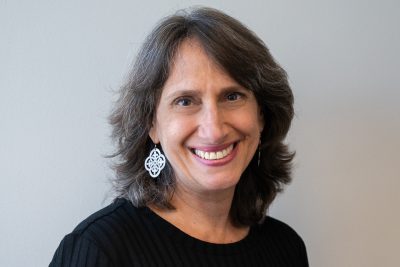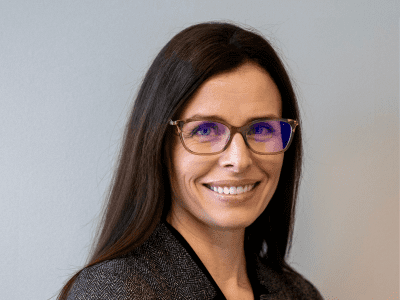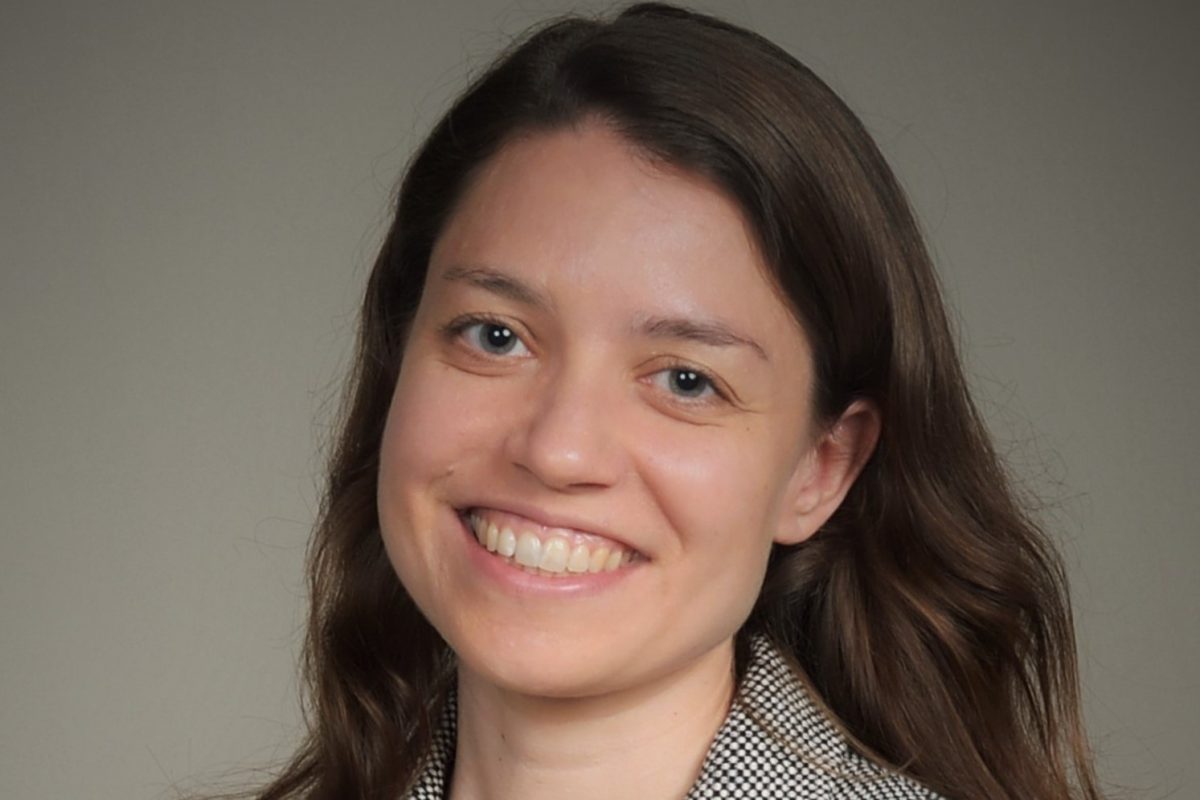Prospective Students
Are you interested in pursuing a Master's degree or PhD at the University of Connecticut with Rudd Center faculty?
Rudd Center researchers are faculty members in different academic programs at UConn. To learn more about these different graduate programs and disciplines, please view each faculty member and their academic department below.
Faculty Members
Dr. Marlene Schwartz

Human Development & Family Sciences
- Research interests: School wellness policies' and community-based interventions' influences on nutrition and health; how food banks and pantries can improve nutritional quality of products.
- Faculty Webpage
- Human Development and Family Sciences Webpage
Dr. Rebecca Puhl

Human Development & Family Sciences
- Research interests: Bullying, stigma, & discrimination experienced by youth & adults who have obesity; health consequences of weight-based bullying & stigma; interventions and policy strategies to reduce weight-based stigma and discrimination.
- Faculty Webpage
- Human Development and Family Sciences Webpage
Dr. Tatiana Andreyeva

Agricultural and Resource Economics
- Research interests: Obesity and food policy in the U.S; economic incentives in food choices and diet, with a particular focus on tax policy, federal food assistance programs, and the food environment in child care centers. Areas of expertise include: (1) Economic evaluation of policy changes; (2) Assessment of food environment (stores, child care centers, communities), (3) Dietary interventions in food assistance programs (WIC, SNAP, CACFP); (4) Cost analysis.
- Faculty Webpage
- Agricultural and Resource Economics Webpage
Dr. Caitlin Caspi

Allied Health Sciences
- Research interests: Evaluating policies and interventions addressing the social determinants of health, with a particular focus on diet and obesity, addressing food insecurity and diet-related health disparities, evaluating the impact of a behavioral economic intervention (SuperShelf) in food pantries on dietary outcomes of adults experiencing food insecurity; testing the effect of the Minneapolis Minimum Wage Ordinance, which incrementally raises the minimum wage in Minneapolis to $15 an hour, on diet-related measures and obesity.
- Faculty Webpage
- Allied Health Sciences Webpage
Graduate Program in Human Development and Family Sciences
The Human Development and Family Sciences discipline emphasizes diverse ways that persons develop within their social and familial contexts. This program offers both a terminal Master's degree and PhD. Graduate study includes examinations of theory, research, and intervention/practice, and their interplay across the full lifespan of individual development and within the context of family and social systems. There is a core curriculum designed to provide all students with this foundation. All areas of specialization within the graduate program involve an emphasis on Lifespan Human Development (in ecological context), Diversity & Culture, Promoting Healthy Individuals and Families (prevention, intervention, and policy)
The department has a history of research on lifespan development, diversity and culture, and family. Recent faculty hires have also strengthened our expertise in adolescent development, prevention, and health. UConn HDFS doctoral students are well funded as research assistants, teaching assistants, and on fellowships, and many masters students are funded as well. Graduates of our program enter traditional academic positions, as well as positions at non-profit agencies, government agencies, hospitals, and policy institutes.
Graduate Program in Allied Health
UConn's Master's degree and PhD in Health Promotion Sciences are applied and research-oriented degrees based on synergy in major areas: Health Behavior Change and Environmental Interventions; Diet and Physical Activity Across the Lifespan; Genetics/Diagnostics and Biotechnology; and Statistical Modeling each to promote health and prevent diseases. Students acquire knowledge and skills to advance understanding of behavioral, social, genetic and environmental determinants of health and apply health promotion, behavior change and biomedical sciences to create innovative solutions for current and emerging health challenges.
Graduates of our Program are employed in leadership, research, and clinical positions in health promotion, public health, health care, worksite and research settings. We encourage you to visit the faculty websites to gain more information regarding possible research topics and competitive assistantships available. This program has both a Doctoral and Masters Program in Health Promotion Science.
Graduate Program in Agricultural and Resource Economics
The Agricultural and Resource Economics Department (ARE) stands at the intersection of applied economics, natural sciences, environmental studies, and public policy. The Department’s mission is to conduct and communicate the highest quality economic research to improve the viability of the food and fiber sector, and protect and enhance the environment in the state, the nation, and the world. The Department’s research and activities are concentrated into three categories:
- Food Marketing - Encompassing the study of domestic and international markets for food and fiber, for the purpose of increasing the variety, quality, and availability of such products, and of improving the structure and efficiency of markets.
- Environmental and Resource Economics - Including the study of land, water, and coastal resources, fisheries and aquaculture management and policy issues, as well as environmental economic concerns and policies.
- International Agricultural Development and Trade - Focusing on the study of international trade policies, foreign market development, and the role of food safety, health, and agriculture in international economic development.
The Department currently ranks in the Top 10% of such programs worldwide, and regularly receives grant awards from federal, state and non-profit entities, including $1.5 million in grants from the U.S. Department of Agriculture in FY 2016 alone. ARE graduates are highly sought-after by universities, government agencies, and private sector employers.